Search
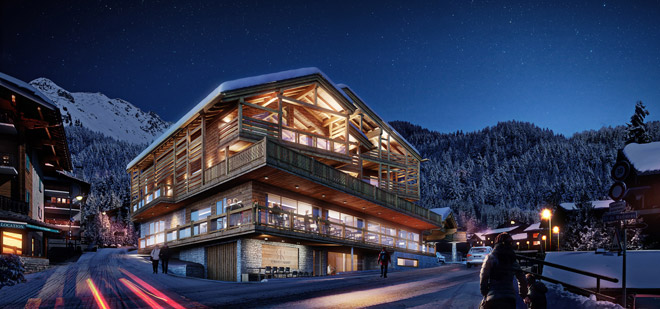
I have been selling property in Switzerland for over 35 years but even I am surprised to learn something new occasionally. This is in part because the rules can often change, but also regions have different rules and even within cantons some notaries interpret them in different ways.
I thought it would help our international clients, who will not be familiar with the process, if I set out in detail the procedure for buying a resale or new property off plan. We sell the most properties in Valais which include resorts such as Verbier, Crans Montana, Saas Fee and Zermatt, so these notes are valid for Valais but may differ slightly from other cantons. If an international buyer, who is not resident in Switzerland buys a property in Valais these are the steps they will have to take.
The Notary
When you have agreed to buy a property you will first need to appoint a notary. One notary works for both the vendor and the purchaser and must be registered in the canton where the property is situated.
Usually the sales agent or the developer will propose a notary who is efficient, fluent in English and prepared to translate the documents for the buyer as part of their service. Often the notary will be chosen as they are familiar with the file having dealt with a previous purchase.
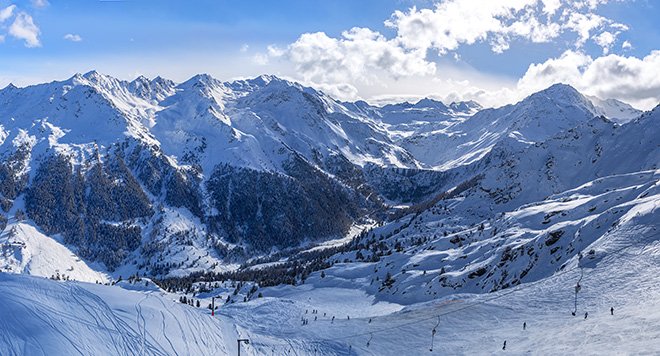
The Foreigner Permit
The most important task for the notary is to obtain a foreigner purchase permit. In some resorts the local commune will not give any permits for foreigners to buy. For example a foreigner will not be given a permit to buy a second home in Zermatt but they can buy freely in Verbier. If the foreigner is resident in Switzerland they may be able to buy in Zermat but only if they are nationals of an EU country. I warned you that it is complicated!
There are two types of foreigner permit; general and specific.
If it is a new development the notary will need to apply for a “contingent” that is a general permit. Typically this may be a permit that out of say 20 new apartments, 15 can be sold as second homes to foreigners.
Then they will need a specific permit so that apartment X can be sold to that buyer Y. If it is a resale which is already owned by a foreigner then the notary only needs to apply for the specific permit. The permits are given by the canton but also have to be approved by the Federal government in Bern.
Other Documents
In the case of a new build or conversion of an existing property or hotel into multiple properties, the architect will have to divide the legal title into individual titles for each apartment. They will create an agreement which regulates the % of the whole building and each apartment has to calculate the share of the service charges each will pay and to define the working arrangements between the owners and the administrator.
In the French speaking resorts this document is known as a PPE and in the German part as a SWTE. These documents are very detailed and it may take several weeks or more to finalise these and register them. The notary cannot apply for the foreigner permit until this has been done, but when the PPE / SWTE has been registered the notary may apply for both the general permit and the specific permit at the same time to speed things up.
The notary will ask the purchaser to complete a form giving their personal information and the foreigner application form and to send a copy of their passport.
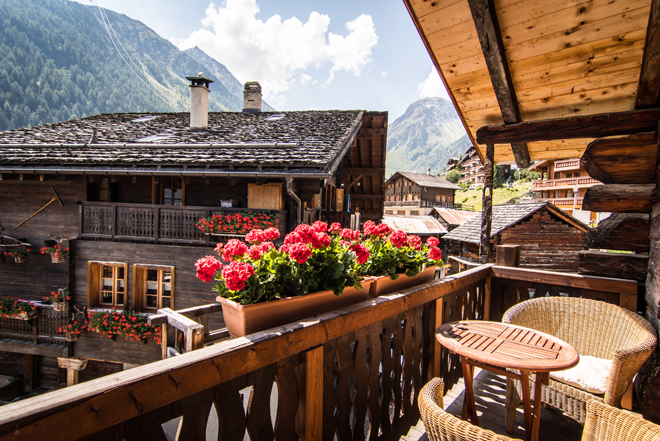
The Reservation Agreement
In some cases, particularly if buying a property from a developer, they or their agent will ask you to sign a reservation agreement and pay a deposit. The terms of these agreements and the amount of the deposit vary but often you will be required to pay to the agent or the vendor as the notary is not permitted to accept a deposit until the foreigner permit has been received.
There are strict rules which limit the size of properties which are eligible to be sold to foreigners to 200m2 net habitable and a plot of no more than 1,000 m2. If it is a large property, even if it is owned already by a foreigner, the architect who originally built it may have to sign a “Bestatigung”, a certification that it complies with the m2 rules.
The notary may also ask the vendor and purchaser to sign the plans, particularly if it is a large property or a new build or the conversion of a hotel for example. If buying a new build or a newly renovated property the parties will also sign a technical description stating the standard of finishes included in the sales price.
The Mortgage
While waiting for the foreigner permit you should finalise your mortgage. Swiss banks have different lending criteria and practices and we are continually surprised by the strange and ever growing list of blacklisted countries / situations banks have.
Whoever would have thought that Swiss banks don’t like to lend to Australians? Or Americans? But we usually can find a solution. A broker found a bank which will lend to Australians and one of the major banks will lend to Americans who are not resident in the US. A local bank will lend to US residents if they are buying in Canton Valais.
Having obtained your mortgage you now have to sign the papers. Some of the cantonal and smaller banks require the borrower to sign all the documents in the bank in Switzerland in person. The larger international banks may allow you to sign at their branch in your own country or even sign digitally.
The Deed of Sale
When the notary receives the specific foreigner permit you have 30 days to sign the notary’s sales deed. If it is not signed within that period the permit lapses and the notary will have to apply for a new one. When the contingent for a new build has been obtained the purchaser can pay the deposit and stage payments to the notary.
The sales deed must be signed in person at the notary’s office but the vendor and purchaser now sign remotely. When I first started selling property in Switzerland over 30 years ago, both the vendor and purchaser would attend and after the signature all those present would go with the notary to a café for a coffee or a beer depending on the time of day. Nowadays the notary will send you a power of attorney by email but you must send the original back by post.
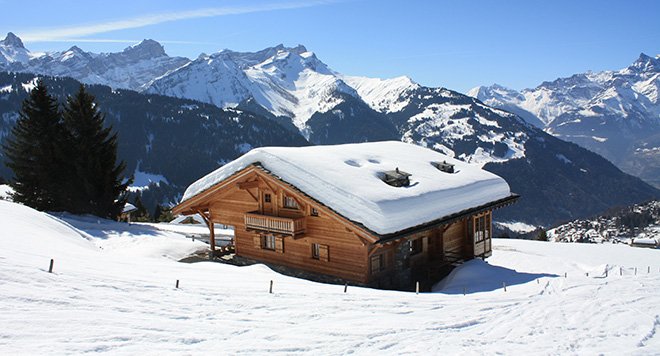
The Completion Date
The parties can agree a “completion” date which may be when the purchaser has paid in full or in the case of a new build / refurbishment when the property has been finished. In the case of a resale the default which is often stated in the sales deed is that the purchaser has 30 days from the date of signature to pay the balance of the purchase price.
Guarantees
If you are buying a resale property which is over 20 years old then the vendor has to provide a certificate by a qualified electrician that the electric system has been checked and approved. Swiss law imposes other obligations and guarantees on the vendor which mainly relate to the deliberate concealment of hidden defects.
Money and Keys
Vendors often assume that they will receive the proceeds of sale as soon as the sale is “completed” and buyers assume they will get the keys. In Switzerland that is not always the case if the buyer or the seller are foreigners.
If the buyer is a foreigner, then although the permit has been approved by the canton the Federal government (Bern) has 30 days to object. So the sale has not really “completed” until that 30 day period has expired and the change of ownership has been noted in the land register. The land Registries is administered by the cantonal authority and some take several weeks to register the change of ownership. Canton Valais currently take about 6-8 weeks.
As in practice these two steps are a formality, the vendor will often agree to hand over the keys when the purchaser has paid in full for the property.
If the vendor is a foreigner they will also have to wait to receive the proceeds of sale until all the legal formalities have been completed (if the buyer is a foreigner). The notary has a legal obligation to ensure that the vendor has paid any outstanding taxes due so they will retain 5% of the sales proceeds even after the property transfer has been registered. When they are sure everything has been paid, then they will release the final 5%.
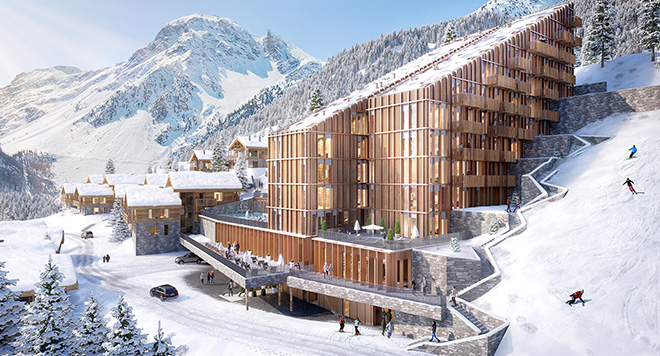
Anything Else?
One other thing to note is that the date of sale shown in the Land Register will be back-dated to the date the sales deed was signed (not the date it is actually processed by the land Register). This may be important when you come to resell as a foreign vendor cannot resell (in Canton Valais) until they have owned the property for 5 years.
The notary may apply for a special permission for you to sell before the 5 years are up. This will be given in cases of financial hardship, divorce or ill health but you will not be permitted to sell at a profit.
Any tips?
Yes. Don’t assume that things work in the same way in Switzerland as in your home country. Many clients still ask us is it “leasehold” or “freehold”, without realising that only in England do we have such a ridiculous system! I have used words like “exchange” and “ completion” which are also English concepts, but in Switzerland they have a different legal meaning and consequences. Lastly, use a good agent who knows the system well and can help you though it!

